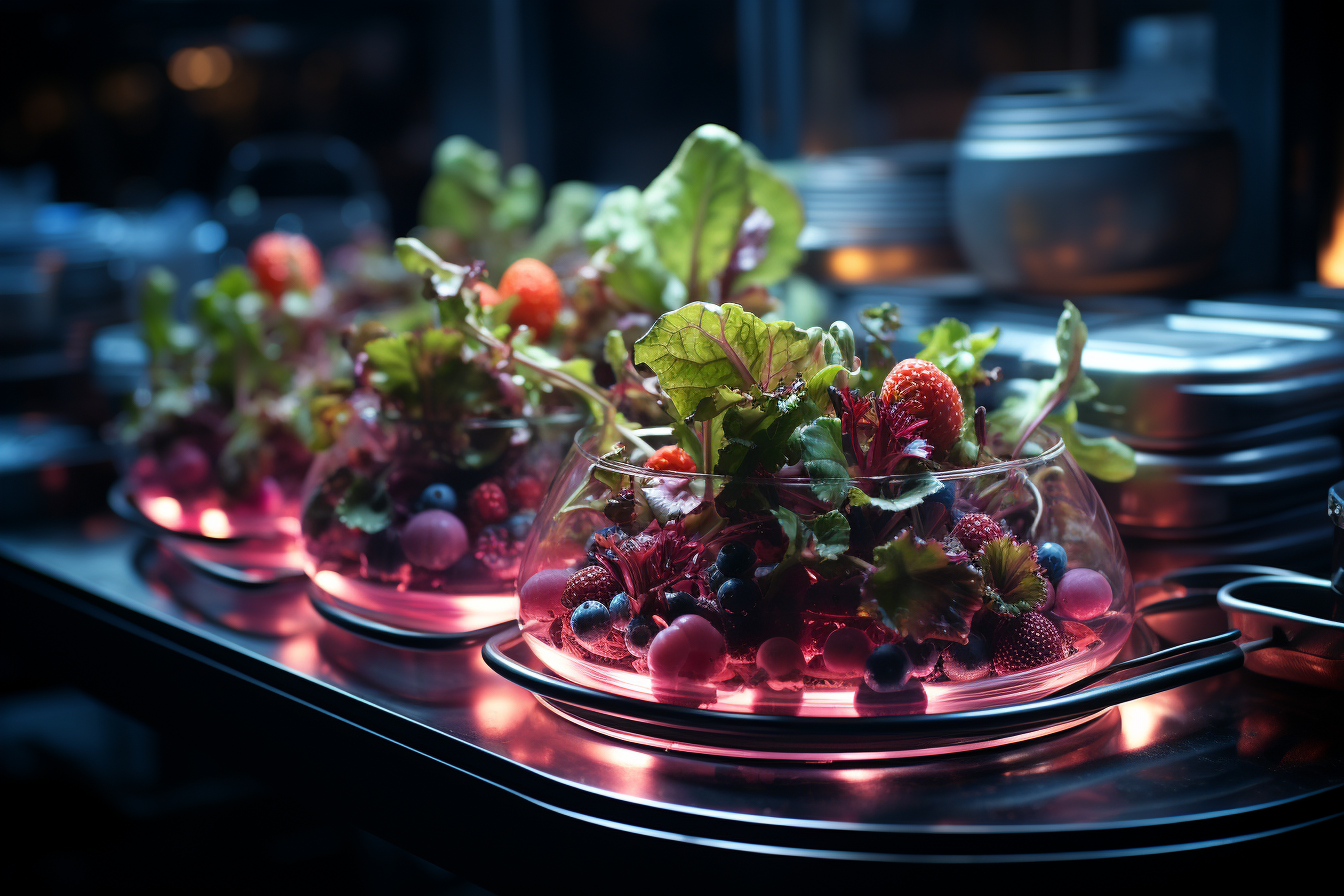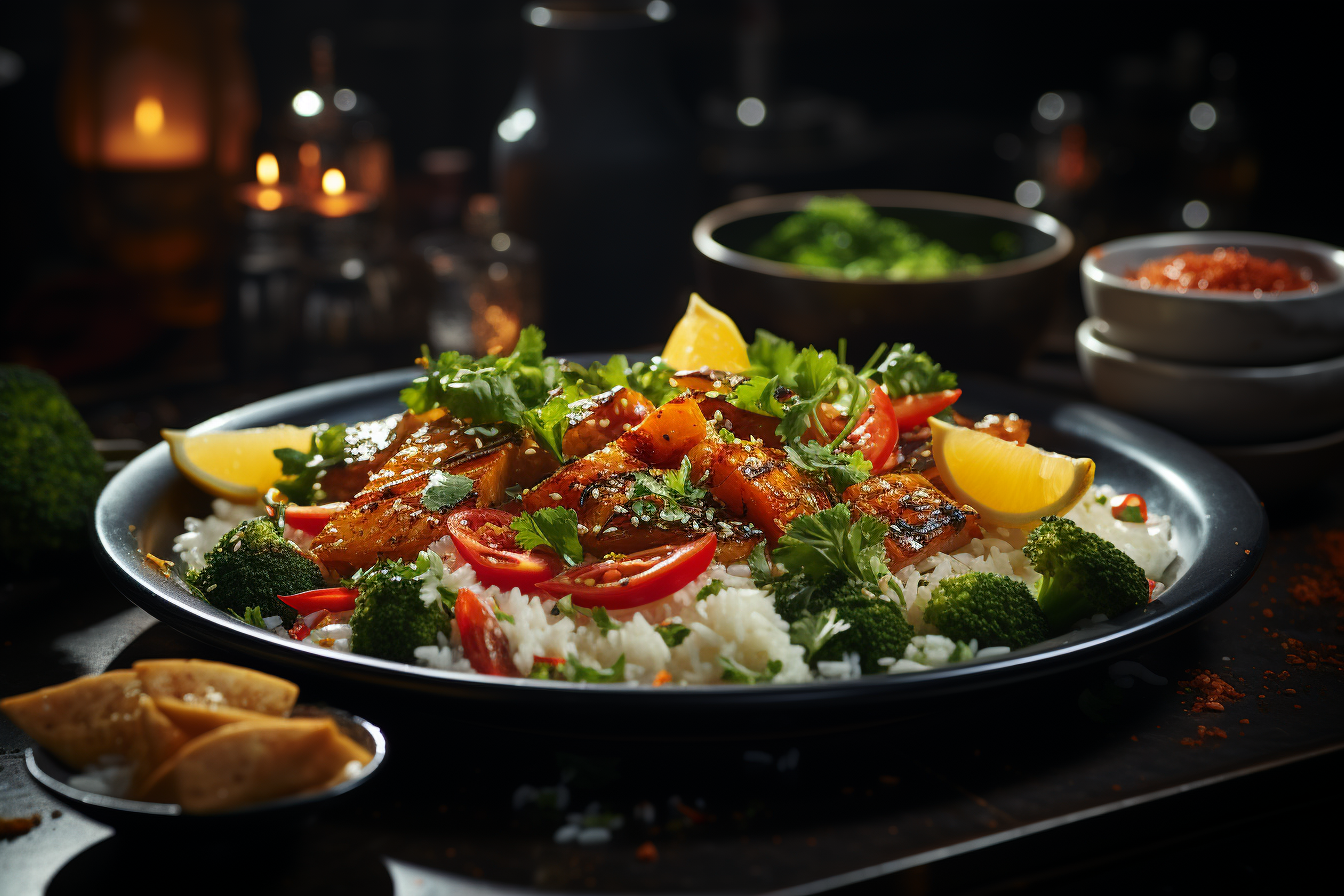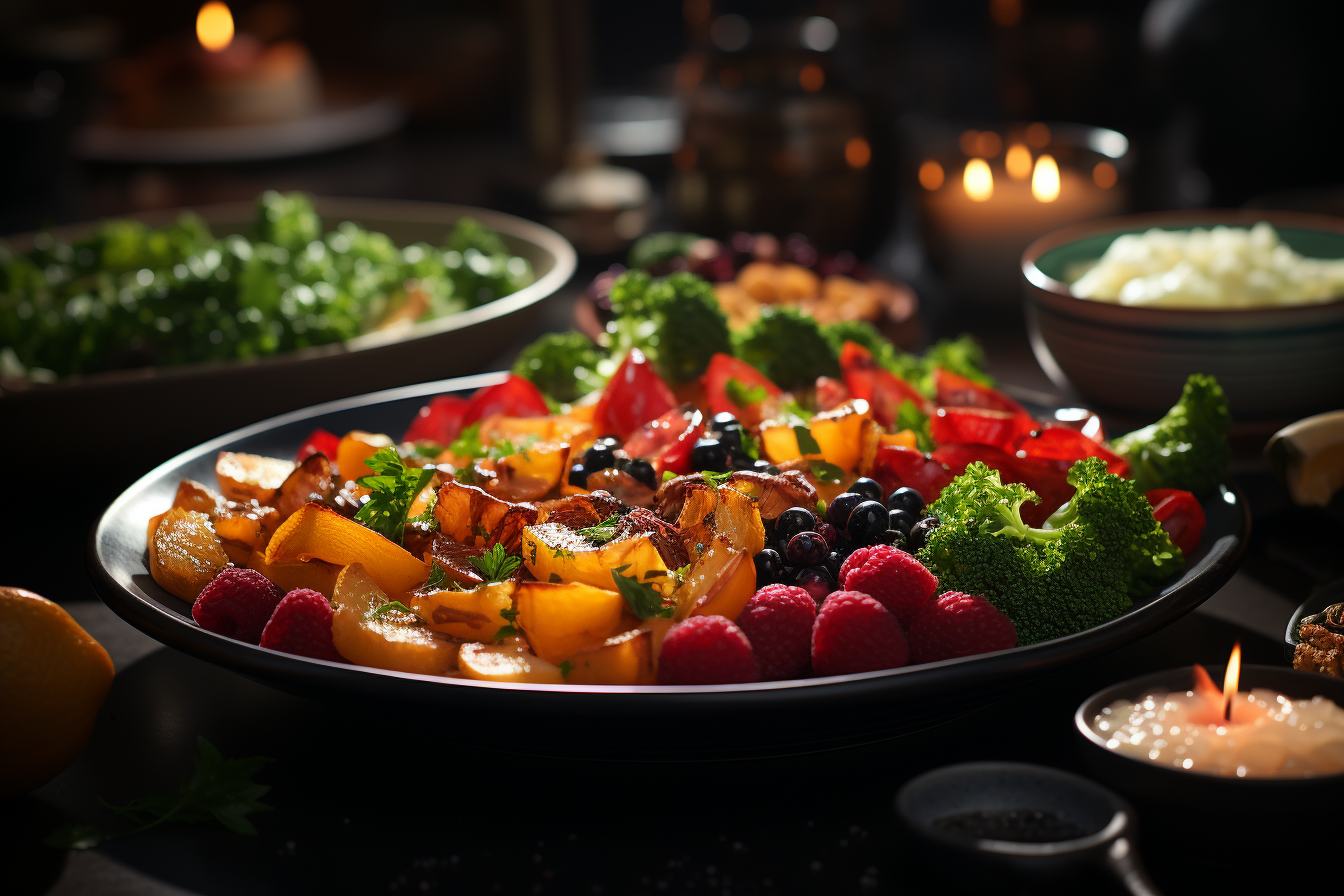The Path to a Sustainable Future: The Role of Future Foods in Our Diet
Integrating future foods into your diet involves incorporating innovative and sustainable food choices that align with the principles of environmental responsibility, health, and culinary delight. Here are some steps to help you integrate future foods into your diet:



Educate Yourself: Start by learning about future foods, including plant-based proteins, alternative protein sources (like insects), cultured meat, sustainable seafood, and other innovative food technologies. Understand their nutritional value, environmental benefits, and how they are produced.
Gradual Transition: Transitioning to future foods doesn't have to be abrupt. Begin by gradually incorporating these foods into your diet. For example, try meatless Mondays or replace traditional meat with plant-based alternatives in some meals.
Share the Experience: Encourage friends and family to join you on your journey towards integrating future foods. Sharing meals and experiences can make the transition more enjoyable and sustainable.




Explore Plant-Based Options: Include a variety of plant-based foods like legumes, tofu, tempeh, and seitan in your meals. These are rich in protein and can serve as substitutes for animal-based products.
Experiment with Meat Alternatives: Try products like plant-based burgers, sausages, and chicken substitutes. Many of these mimic the taste and texture of meat while being more environmentally friendly.
Balance Your Diet: Ensure that your diet remains balanced and provides all essential nutrients. Consult with a nutritionist or dietitian if you have specific dietary requirements or concerns.




Incorporate Sustainable Seafood: Choose sustainably sourced seafood options such as farmed shellfish or species with lower environmental impacts, like sardines or mackerel.
Explore Cultured or Lab-Grown Meat: As these products become more widely available, consider trying cultured or lab-grown meat. These products have the potential to reduce the environmental impact of traditional livestock farming.
Stay Informed: Keep up with the latest developments in the future foods industry. New products and innovations are constantly emerging, offering even more options for sustainable and delicious dining.




Embrace Insect-Based Foods: Insects are a highly sustainable protein source. You can find insect-based snacks, protein bars, and even insect-based flours for baking.
Cook and Create: Experiment with new recipes that incorporate future foods. Look for online resources and cookbooks dedicated to plant-based and sustainable cooking.
Support Sustainable Food Brands: Choose products from companies committed to sustainability and ethical practices. Look for certifications like organic, non-GMO, and fair trade.




In conclusion, integrating future foods into your diet represents a proactive step toward a more sustainable and responsible approach to eating. By educating yourself about innovative food options, gradually transitioning to these alternatives, and experimenting with a variety of plant-based and sustainable choices, you can contribute to a healthier planet and enjoy a diverse and flavorful culinary experience.
Embracing future foods is not just a personal dietary choice; it's a collective effort to address global challenges such as climate change, resource scarcity, and food security while ensuring that our taste buds continue to be delighted with exciting flavors and textures. So, take the first step today and embark on a journey toward a more sustainable and delicious future of food.









